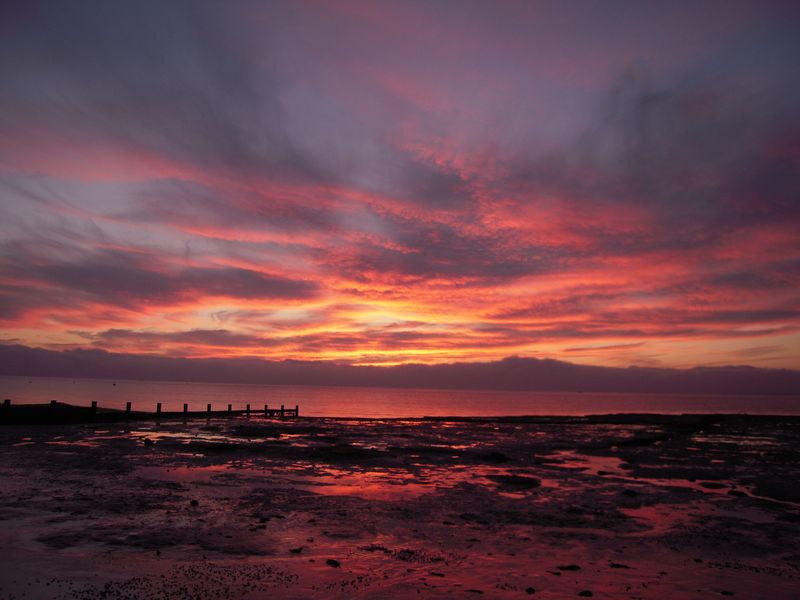Never having been taught anything about photography either formally or informally (or even read anything) prior to this course, I don’t really feel that I subscribe to any rules - I did, however, connect to Kate’s comment about art v reportage. I think that sometimes you want to capture a record of what you actually saw and other times your main driver is the desire to create a beautiful picture - this operates even when taking holiday snaps.
There is an ethical issue in here to explore in my view. For example if I buy a calendar of a place I know well or plan to visit I want that calendar to represent reality, I want to be able to find the places in the pictures. I can cope with the elimination of the odd pylon but I want to be able to recognize the location in the picture. For example I recently had a conversation with someone who had amalgamated two sections of a Northumberland beach moving huge boulders from one location to another - you could never find that place in real life! Maybe its something about transparency, being clear about what is represented here.
It’s also about capturing the emotion of the moment - the sunsets on my blog haven’t been photoshopped and I would feel much less attached to them if they had, as they are more to me than a great picture; they represent the precious memory of a beautiful evening with one of the most stunning sunsets I have ever seen.
That said if the enhancement doesn’t interfere with the integrity of the picture I think its fine! in this example I took a photo of an unusual variety of potato at our local potato day - the first picture is a I took it, the second has benefited from an instant fix and the application of a vignette - in this case I don’t feel the integrity of the picture, whose main aim was to display the vivid colour of the potato, has been compromised. As although the colour on the second picture is slightly different it is not more vivid than the original.


